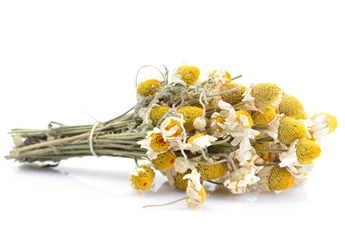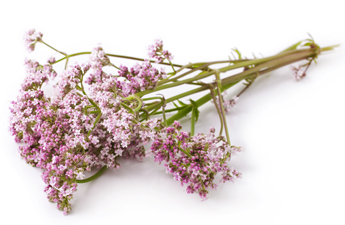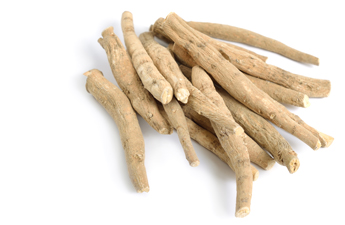By Tamara Welsh, Happy Herbalist
Our nervous system is a complex delivery service, sending and receiving messages all around the
body. In no other system in the body is the connection between the physical and the psychological
aspects of our health so apparent. A nervous thought can cause an upset stomach just as a sore and
tight muscle can cause the mind to become agitated. Therefore, to treat the nervous system, we need
to address our mental, spiritual and emotional health as well as our physical health.
Everybody experiences stress and anxiety in their day-to-day lives and herbal medicine is a
wonderfully grounding tool to aid the nervous system to better deal with stress and allow us to feel a
little more mellow. Using herbs to help with nervous tension and stress can look different for
everybody, we all carry our stress differently. Do you clench your jaw during the night after a stressful
day? Does an anxious moment send you running for the bathroom? Or perhaps constant stress is
affecting your mood or libido? Understanding how your mind and body react to stress and anxiety can
help you turn to the correct herb(s) to help you through.
NOTE: It is important if you are currently taking any prescription medication for anxiety or depression,
that you consult your doctor and herbalist before taking herbs alongside your medications.

Adaptogens
Adaptogens have become very popular in modern herbal medicine for their ability to enhance the
body’s ability to manage stress. Most herbalists would agree that nearly everyone could benefit from
including adaptogens in their daily lives. If you are feeling run down from constant stress then
Astragalus could benefit. Astragalus is a wonderful tonic herb that enhances our tolerance to stress
and stimulates our immune response (1). If you struggle to calm down with an anxious mind then
Withania (or Ashwaganda) might be the adaptogen for you. If stress has left you depleted and
exhausted Siberian ginseng may help to slowly bring your energy back.

Nervine tonics
Nervine tonics strengthen and feed the nervous tissue directly. They are invaluable in cases of shock,
high stress or nervous debility. Our Happy Herb favourite Damiana has a remarkably relaxing effect
on the nervous system and mind and can help to stimulate a lacking libido. The humble Oat is also an important tonic and can be taken in the form of a tincture,
tea or even just eaten as porridge. Skullcap is a very effective nervine tonic particularly if insomnia is
also an issue for you.

Nervine relaxants
This group of herbs have a calming effect on the nervous system without necessarily making you
drowsy (although some can!). Kava, an herb prized by Pacific Islanders, has repeatably been shown
to be as effective as some anxiolytic drugs and therefore has a significant effect on reducing anxiety
(2). Similarly, Valerian has a relaxing effect and can also help with muscular tension as in tension
headache and hypertension (1). In just a single dose, the beautiful herb Passionflower has been
shown to significantly reduce anxiety (3-5).

Antispasmodics
Antispasmodic herbs affect the peripheral nerves and muscle tissue which can have an indirect
relaxing effect on the whole body. If your stress leads to a nervous feeling in your stomach a simple
cup of Chamomile tea can quickly calm it down. Cramp bark is an herb often used to treat painful
menstrual cramping but it is equally useful in cramps and muscle twitches experienced anywhere in
the body. If your anxiety leads to heart palpitations, Motherwort or Lemon balm may be herbs to
consider.
References
1. Mills S & Bone K, 2000, Principles and practice of phytotherapy: modern herbal medicine, Churchill Livingstone,
Edinburgh, London.
2. Boerner RJ, Sommer H, Berger W et al. Kava-Kava extract LI 150 is as effective as Opipramol and Buspirone in
Generalised Anxiety Disorder–an 8-week randomized, double blind multi-centre clinical trial in 129 out-patients.
Phytomedicine. 2003; 10 Suppl 4: 38-49. PMID: 12807341
3. Movafegh A, Alizadeh R, Hajimohamadi F et al. Preoperative oral Passiflora incarnata reduces anxiety in ambulatory
surgery patients: a double-blind, placebo-controlled study. Anesth Analg. 2008; 106(6): 1728-1732. doi:
10.1213/ane.0b013e318172c3f9. PMID: 18499602
4. Aslanargun P, Cuvas O, Dikmen B et al. Passiflora incarnata Linneaus as an anxiolytic before spinal anesthesia. J Anesth.
2012; 26(1): 3944. doi: 10.1007/s00540-011-12656. PMID: 22048283
5. Dantas LP, de Oliveira-Ribeiro A, de Almeida-Souza LM et al. Effects of passiflora incarnata and midazolam for control of
anxiety in patients undergoing dental extraction. Med Oral Patol Oral Cir Bucal. 2017; 22(1): e95-e101. PMID: 27918731


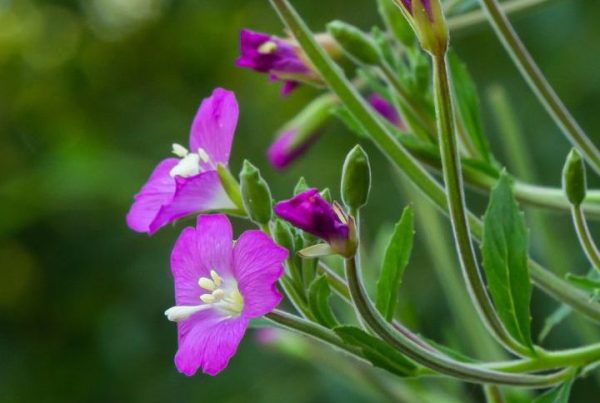
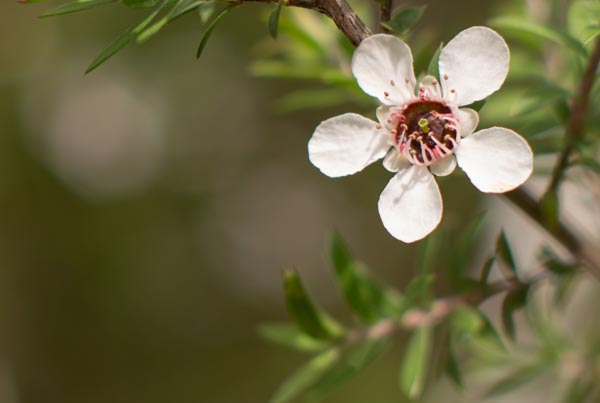
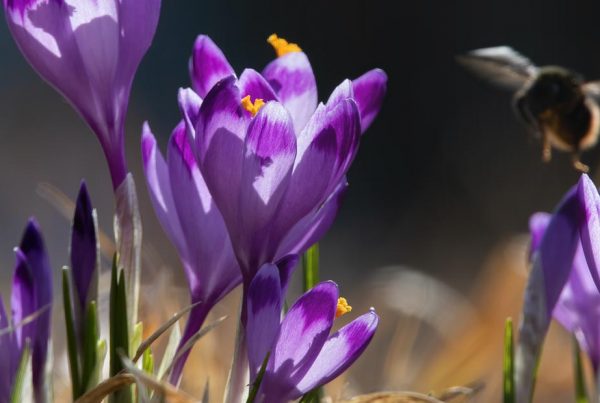
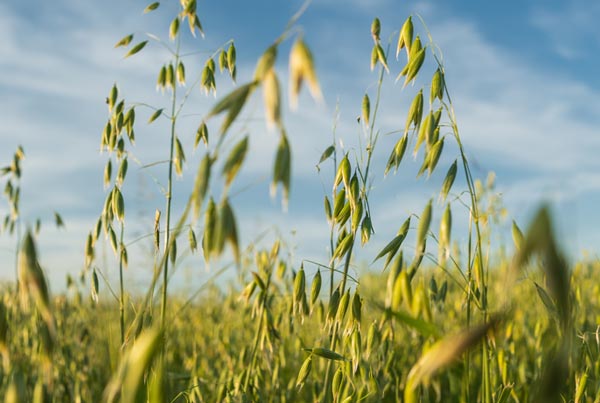
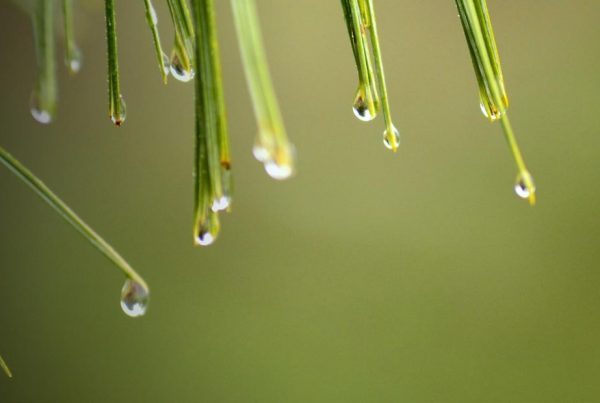
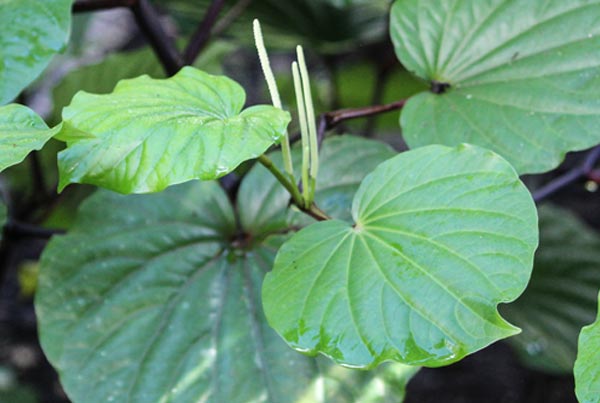


 Nextwave
Nextwave